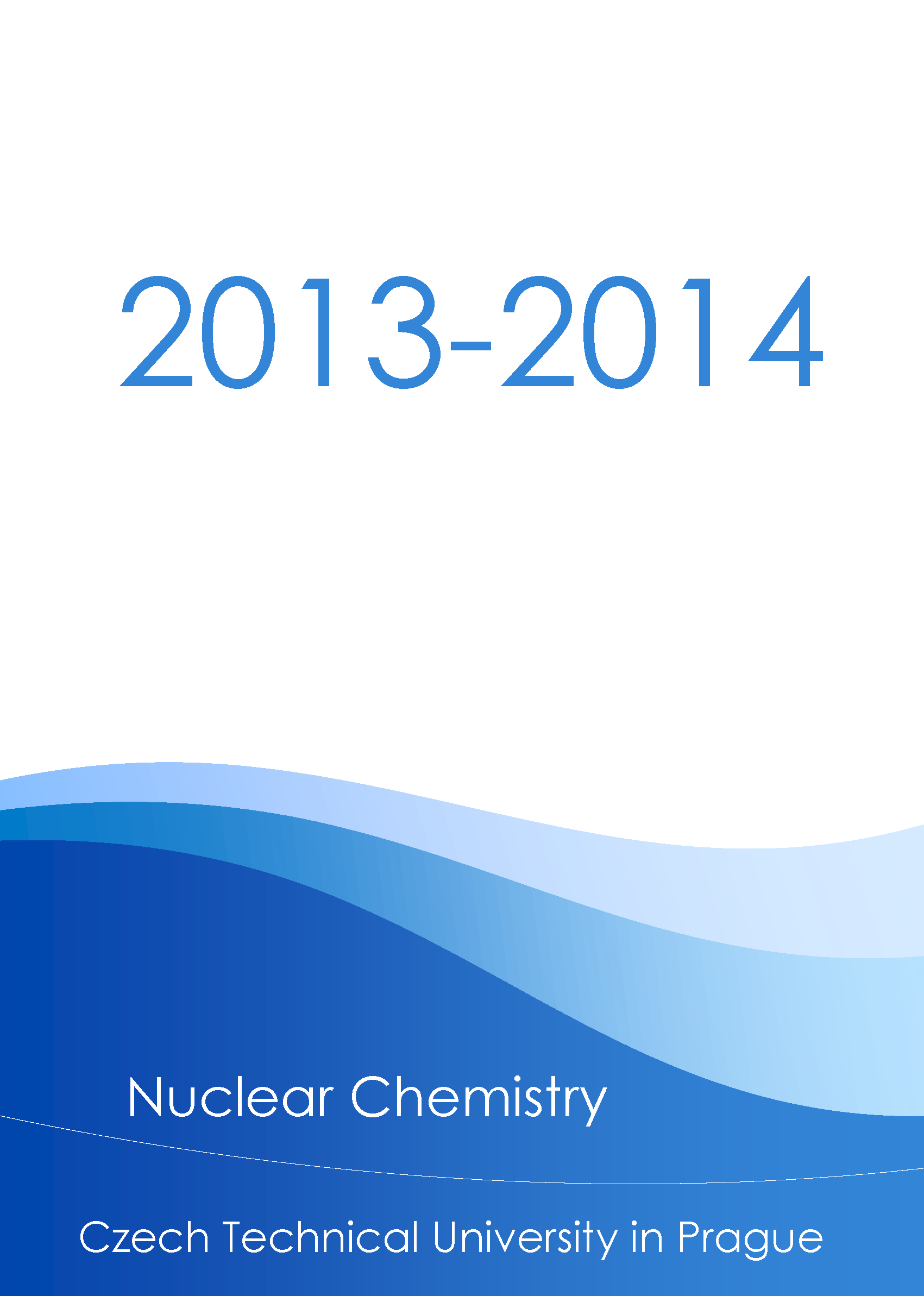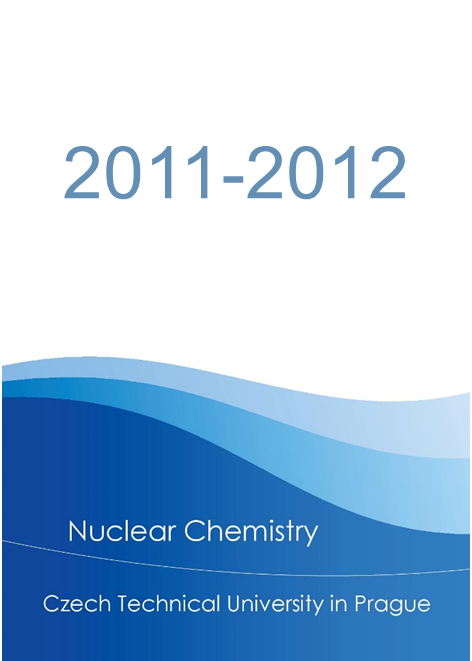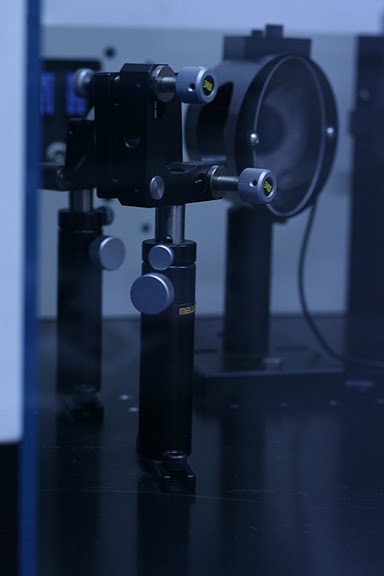Master’s Degree Programme in Nuclear Chemistry
Within master’s degree programme in nuclear chemistry students are trained to become specialists in pure and applied research and practice in the field of nuclear chemistry, environmental radiochemistry and applied nuclear chemistry (including applications in the field of bio-medicine). The course builds on on broad background in mathematics and physics and a theoretical and practical background in the fundamentals of chemistry, i.e. physical, inorganic, analytical and organic chemistry and biochemistry, expected from the enrolling bachelors. From these foundations the course continues to develop the various branches of modern nuclear chemistry, with an emphasis on the application of this knowledge in research and engineering practice. The students may specialise in: Applied nuclear chemistry, Environmental Radiochemistry, or Nuclear chemistry in biology and medicine. The curriculum typically follows a bachelor's degree in nuclear chemistry but bachelors in non-nuclear chemistry are also admitted. In the latter case, the curriculum is tailored to deliver the students also the "missed topics" such as the Fundamentals of Nuclear Chemistry, Ionizing Radiation Detection, Dosimetry and Radiation Protection, Fundamentals of Construction and Function of Nuclear Power Plants, and the respective practical exercises.
Master's graduates will have obtained a good theoretical knowledge and sufficient practical training for work in radiochemical and chemical laboratories. They will master techniques to do with the detection of ionizing radiation and nuclear technology separation, and techniques to do with radioanalysis and radiation chemistry. They will be familiar with the technology of nuclear materials, with radiation protection and with environmental chemistry. They will be able to use nuclear chemistry and chemistry based approaches to deal with analytical, environmental, physicochemical, chemical, biomedical and technological problems. They may find employment in research institutions, medical facilities, nuclear power and the chemical industry, design institutes and in both the management and implementation of research.
Topics for the state final exams:
Compulsory topics:
- Nuclear Chemistry
- Physical Chemistry
Elective (obligatory choice of one):
- Applied Nuclear Chemistry
- Environmental Radiochemistry and Radioecology
- Nuclear Chemistry in Biology and Medicine
Topics of diploma thesis 2012/2013
List of successfully defended theses (since 2012)


















